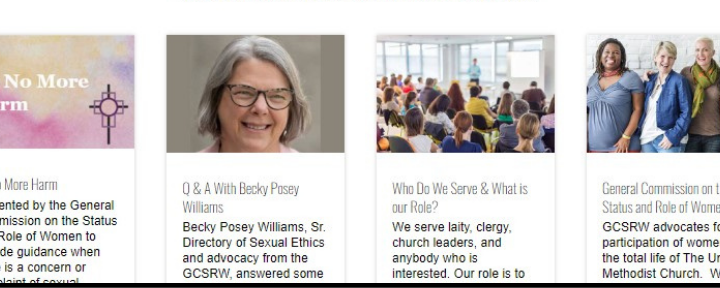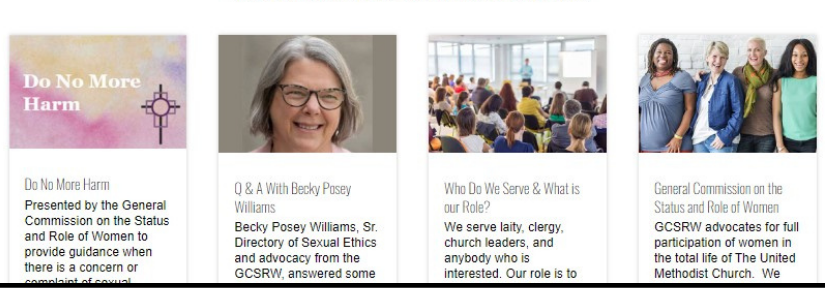The United Methodist Church hasn’t been immune to incidents of sexual misconduct like those in the Southern Baptist Convention outlined in the Guidepost Solutions report published May 22.
However, United Methodists differ from Southern Baptists because they have 40 years’ experience developing mindsets, policies and resources that deal directly with sexual misconduct. Even with their organizational differences, the United Methodist model could provide ideas for Southern Baptists on how to recover from the practices disclosed in the Guidepost report and how better to protect victims in the future and reduce sexual misconduct incidents.
United Methodist policies and processes rest on two values: accountability and healing.
“The UMC’s attention to ministerial sexual misconduct goes back to 1982.”
The UMC’s attention to ministerial sexual misconduct goes back to 1982, when a churchwide monitoring agency, the General Commission on the Status and Role of Women — celebrating its 50th anniversary this year — conducted a survey of sexist personnel practices reported at Boston University.
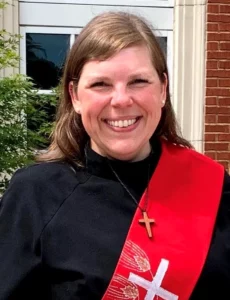
Emily Chastain
“Following its investigation, GCSRW recommended to both BU and the General Board of Higher Education and Ministry to monitor compliance at BU with the affirmative action goals it had created,” wrote clergywoman Emily Nelms Chastain in an April 2022 article, “Sexual Ethics Remains Vital to the United Methodist Church.” “This case initiated GCSRW’s work with sexual ethics, providing them with an opportunity to establish a process for defining sexual harassment and a process for dealing with complaints.”
Ten years later, GCSRW shifted its monitoring purpose to concentrate on sexual ethics. The shift was sparked by UMC research released in 1990 in which survey responses showed that “50.7% of clergy, 19.9% of laity, 48.2% of students, and 37.3% of employees ‘reported at least one sexual harassment experience in a United Methodist Church setting,’” Chastain wrote. As result of these findings, the 1992 General Conference approved GCSRW’s petition “to take on the work of sexual ethics with a vision to create a plan for the elimination of sexual harassment.”
Since then, GCSRW has been instrumental in the development of United Methodist policies and practices of sexual ethics. All United Methodist responses to sexual misconduct rest on this stance derived from the denomination’s Social Principles:
“All forms of sexual misconduct by clergy and ministerial leaders, including laity, are chargeable offenses within the life of the church.”
All forms of sexual misconduct by clergy and ministerial leaders, including laity, are chargeable offenses within the life of the church. The United Methodist Church acknowledges these violations and encourages reporting them immediately. The UMC is committed to responding in a way that holds all parties accountable and promotes healing. … We acknowledge that sexual misconduct is perpetrated by clergy and by laity. Regardless of who commits the alleged offense, sexual misconduct is not to be tolerated in the Church.
Examples of UMC practices regarding sexual ethics from Chastain’s article:
- The Interagency Sexual Ethics Task Force, a collaborative group involving all United Methodist agencies that works “to create healthy ministry settings,” Chastain wrote. The group was responsible for initiating two resources: a “Do No Harm” summit held once every four years to train teams from annual (regional) conferences on sexual ethics, including resolving sexual misconduct complaints; and a Sexual Ethics website, a hub with information on how to prevent or respond to sexual misconduct in the church.
- A comprehensive guide to the complaint process called “Do No More Harm,” which provides information users need to go through the UMC’s sexual misconduct complaint process.
Earlier this year, GCSRW introduced a new curriculum, “The Way of Integrity,” designed to address relationships among laity and between laity and clergy in the church as a means of stopping sexual misconduct before it starts. The participant’s guide lists four study sections:
- Identifying values
- Honor and moral courage
- Humility and helpfulness
- Integrity in action
The UMC also has established a confidential help line at (800) 523-8390, where a GCSRW staffer, Becky Posey Williams, provides one-on-one counsel and support for anyone who has experienced sexual misconduct in church, whether by an ordained minister or a layperson.
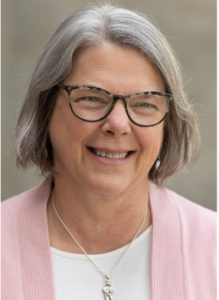 These practices have been developed over decades of dealing with ministerial sexual misconduct in local churches and annual conferences. All these practices, such as the UMC’s formal process for dealing with complaints of sexual misconduct, stem from education that has shifted mindsets regarding sexual ethics as described by Williams in an interview on the Resource UMC website.
These practices have been developed over decades of dealing with ministerial sexual misconduct in local churches and annual conferences. All these practices, such as the UMC’s formal process for dealing with complaints of sexual misconduct, stem from education that has shifted mindsets regarding sexual ethics as described by Williams in an interview on the Resource UMC website.
“Sexual misconduct within ministerial relationships is about the abuse of power and the betrayal of a sacred trust,” Williams said. “To clarify further, it is unwanted sexual or gender-directed behavior within a pastoral, employment, ministerial (including volunteers), mentor, or colleague relationship that is so severe or pervasive that it alters the conditions of employment or volunteer work or unreasonably interferes with the employee or volunteer’s performance by creating a hostile environment that can include unwanted sexual jokes, repeated advances, touching, displays, or comments that insult, degrade, or sexually exploit anyone within the life of the church.”
Williams continued: “I have said I believe that a lot of the subtle discrimination, as well as the chargeable offense of sexual misconduct, comes from deeply rooted beliefs and attitudes about gender, power, race and authority. These beliefs and attitudes are deeply imbedded. They are part of a person’s make up. … Are we willing, as people of faith, to help hold one another accountable to the highest level of being in relationship with one another? To me, that is all about being in a relationship with one another from a place that is saturated with integrity, deeply respecting and deeply honoring one another.”
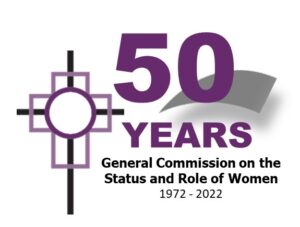 Although United Methodist policies and processes have been developed over decades, Southern Baptists can begin now to cultivate attention to sexual misconduct that will enable them to set up their own ways to deal fairly and compassionately with both victims and perpetrators.
Although United Methodist policies and processes have been developed over decades, Southern Baptists can begin now to cultivate attention to sexual misconduct that will enable them to set up their own ways to deal fairly and compassionately with both victims and perpetrators.
East Ohio Conference Bishop Tracy Smith Malone, GCSRW president, describes the UMC’s ultimate purpose in her introduction to the “Do No More Harm” curriculum: “The United Methodist Church believes that a fully engaged membership is vital to the church’s mission to make disciples of Jesus Christ for the transformation of the world. As United Methodists, we believe in the process of responding (to sexual misconduct) with accountability and healing.”
Cynthia B. Astle is a veteran journalist who has covered the worldwide United Methodist Church at all levels for more than 30 years. She serves as editor of United Methodist Insight, an online journal she founded in 2011.
Related articles:
Guidepost report documents pattern of ignoring, denying and deflecting on sexual abuse claims in SBC

